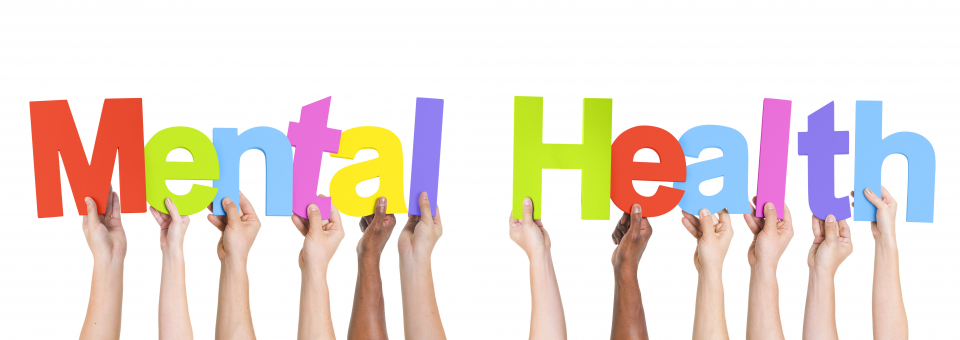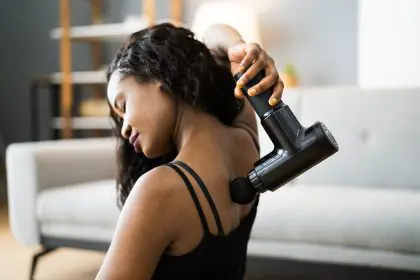
Made official by the U.S. House of Representatives in 2008, July is National Minority Mental Health Awareness Month. The National Alliance on Mental Illness named this awareness month in honor of author and advocate Bebe Moore Campbell. According to the National Institute of Mental Health, some of the disparities impacting minorities include limited access to services, underrepresentation in research, and inadequate care. In addition, over-diagnosis further marginalizes persons of color. These factors, in addition to stigmas and stereotypes, often leave minorities suffering in silence and at risk. Consequently, the goals of National Minority Mental Health Awareness Month include increasing awareness, fighting the stigma of mental illness, and advocating for equity and increased services.
Today, many sports and entertainment figures help raise awareness about mental health care. For instance, music veteran Shanti Das partners with artists to promote mental health care via her campaign, “Silence the Shame.” As the NFL’s vice president of wellness and clinical services, former player and licensed clinician Dwight Hollier encourages athletes to take advantage of league resources. With the endorsement of these initiatives by prominent individuals, help-seeking represents a sign of strength. Moreover, the presence of therapists on reality television shows and dramas also normalizes therapy. “The Therapist” on Viceland features licensed marriage and family therapist Dr. Siri Sat Nam Singh working with celebrities as they discuss loss, family experiences, and industry-related stress. Even Jay-Z gives a shout-out to his therapist on his new album, 4:44. Indeed, having influential voices processing emotions and seeking insight with the support of a professional encourages the public to do the same.
Suggestions for debunking myths and raising awareness:
- Including mental health in health fairs (which typically focus on medical screenings, physical fitness and nutrition)
- Hosting forums or panels at community centers and places of worship; inviting therapists to share information about symptoms, coping skills and resources
- Avoiding stereotypes and misinformation in conversations (e.g., “that’s for crazy folk … we don’t do therapy … there aren’t any therapists who look like me … all I need is my happy pill …”)
- Checking individual well-being and relational health; doing research to find qualified mental health professionals (asking trusted family members, friends and colleagues; calling the toll-free number on insurance card; utilizing search engines to find local therapists
Resources:
For more information about statistics and community resources, visit these websites:
- https://www.nami.org/Get-Involved/Awareness-Events/Minority-Mental-Health-Awareness-Month/Learn-About-Minority-Mental-Health-Month
- https://www.mentalhealthamerica.net/conditions/minority-mental-health
- https://suicidepreventionlifeline.org/ – 1-800-273-8255 (24/7 Lifeline)















